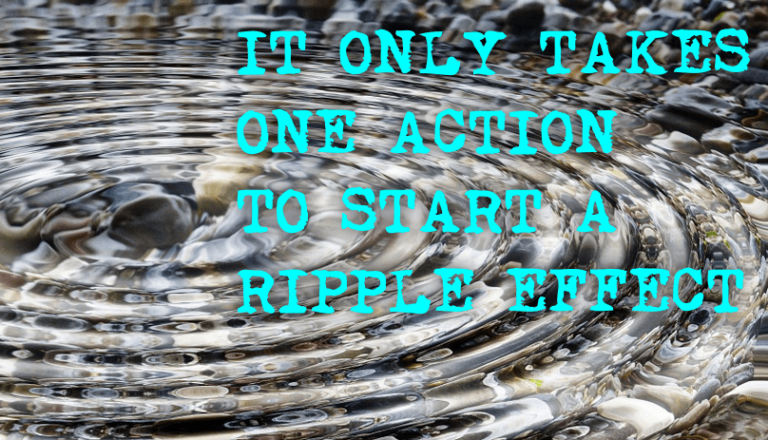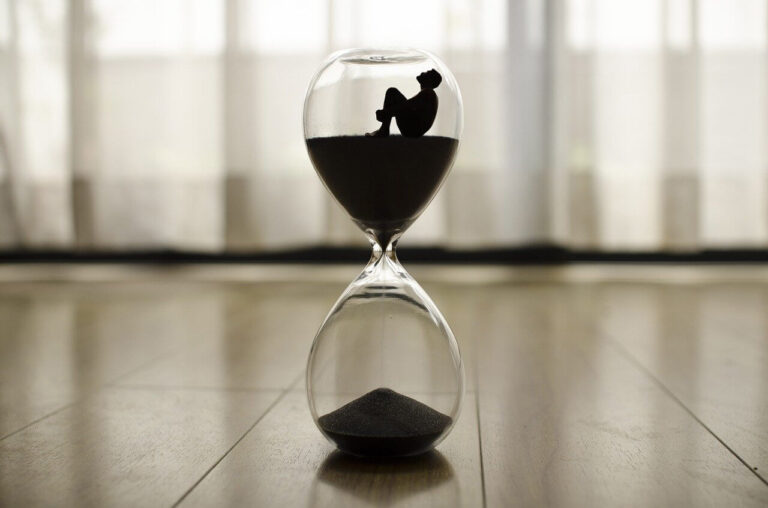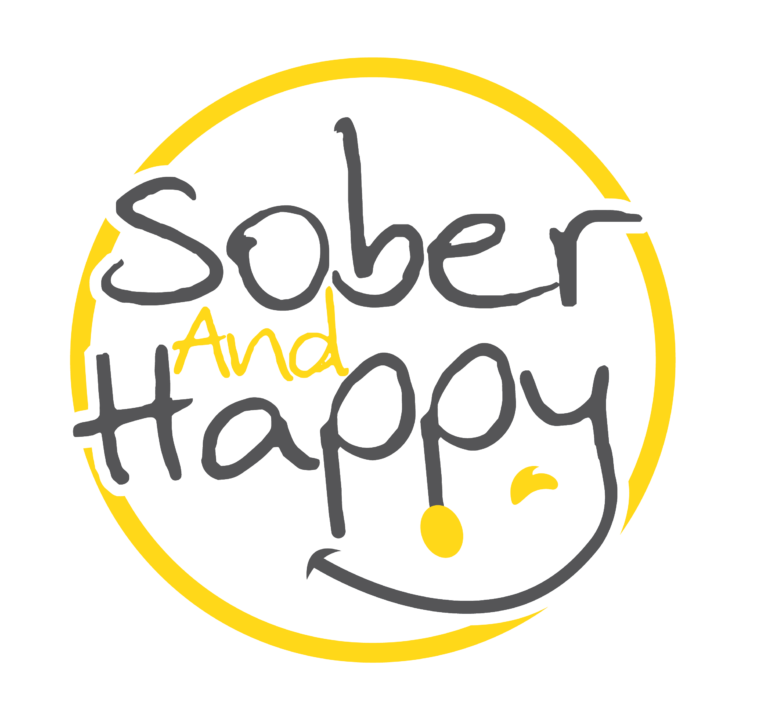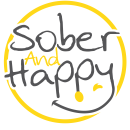

Tim Phillips
I love sharing my journey from being hopeless, to getting sober, to learning how to eventually be both sober and happy. to learning how to eventually be both sober and happy.

One of the most challenging lessons to learn in the journey of recovery from addiction and alcoholism is this: “What you are not changing, you are choosing.” This statement can be difficult to accept, especially as we confront the parts of ourselves and our lives that feel stuck. But it’s also a powerful reminder that stagnation is a choice—and that letting go of what no longer serves us can unlock the doors to real freedom and growth.
Addiction often brings years of baggage—limiting beliefs, negative self-talk, toxic relationships, and destructive habits that can become deeply ingrained. When we first get sober, these patterns can feel like familiar parts of us. We might tell ourselves things like, “This is just who I am,” or “I’ve always done it this way.” But the truth is, what we cling to out of comfort or familiarity can ultimately hold us back from building the life we want in recovery.
When we don’t take action to change these aspects of our lives, it’s as though we’re choosing them. We’re giving these habits and beliefs permission to keep us stuck, whether consciously or unconsciously. The first step to breaking free is to recognize that in choosing not to change, we give our past power over our future.
In addiction recovery, holding on to old habits, relationships, or beliefs can be like dragging weights along as we try to move forward. Here’s how it can impact your growth:
To start letting go of what holds us back, we need to embrace change as an ally rather than an enemy. Change doesn’t mean losing a part of ourselves; it’s about discovering who we truly are beneath the patterns we’ve clung to.
Here are a few steps to start making the changes that will empower your recovery:
Recovery isn’t just about quitting a substance—it’s about building a life that aligns with your values, dreams, and potential. By releasing the things that hold you back, you make space for new opportunities, healthier relationships, and a deeper connection with yourself.
Remember, change is not just possible; it’s a choice—and each choice you make toward growth is a step closer to the life you deserve. The journey of recovery is ongoing, but by letting go of what weighs you down, you’re choosing freedom, growth, and a brighter future.

I love sharing my journey from being hopeless, to getting sober, to learning how to eventually be both sober and happy. to learning how to eventually be both sober and happy.




Join our mailing list to receive the latest news and updates from our team.






Copyright © 2023 by Sober and Happy. All rights reserved.

Join our mailing list to receive the latest news and updates from our team.